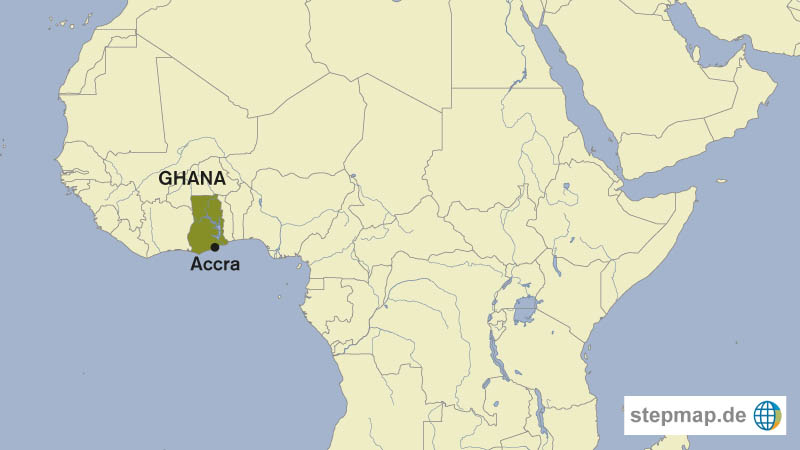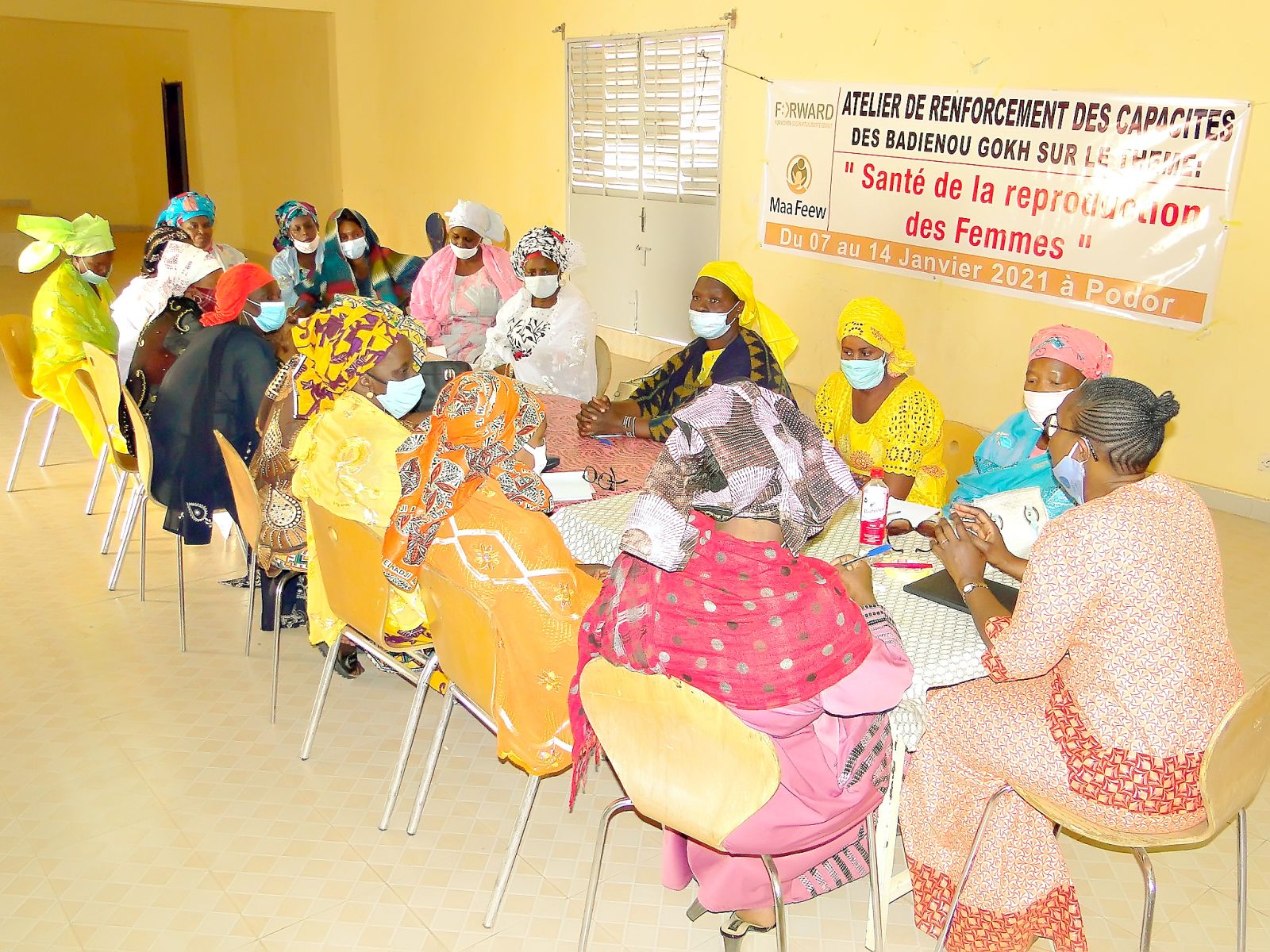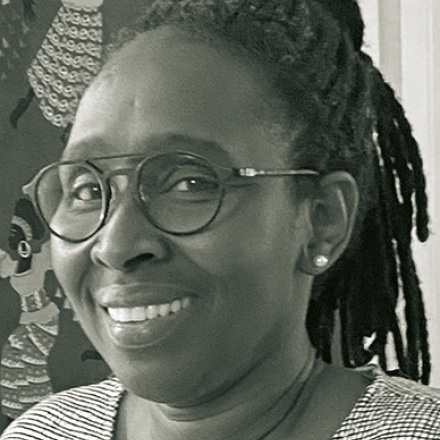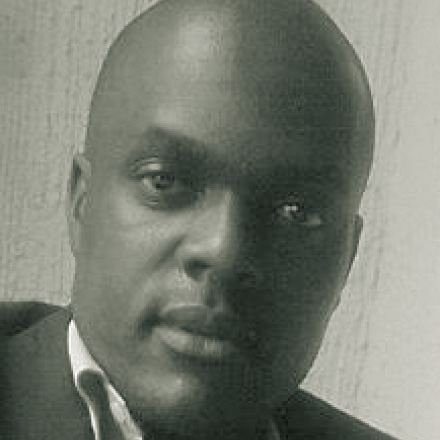Abortion
Public disclosure
By Katja Dombrowski
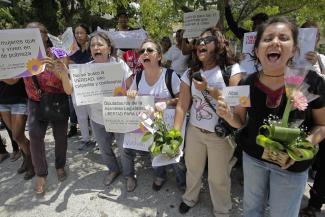
“Yo aborté” – “I had an abortion”. This was the title of Zamora’s article. In the strongly Catholic country of El Salvador, where the termination of unborn life under any circumstances is considered a grave sin and punishable by a prison sentence, such an admission is scandalous. Zamora is not in any legal danger though: the story of her abortion took place more than ten years ago and in another country – where exactly, she does not say. “I checked it out thoroughly. I can tell this story,” writes Zamora.
The well-known, award-winning documentarian, whose work focuses on social and human-rights issues, is making her very personal story public in order to campaign for a reform of Article 133 of the Salvadoran criminal code. The women proposing this reform want to eliminate penalties for abortion in three cases: if the life of the mother is endangered; if the pregnancy is the result of a rape; and if the foetus is not viable outside of the womb (see box, p. 34).
Zamora had an abortion at age 24, while living abroad. “I was studying and in perfect health,” she wrote in El Faro. “I was sexually active. I had a steady boyfriend. I took the pill so that I would not get pregnant, because at this time in my life I did not want to have children. I wanted to finish my studies, travel, work for a while, and then become a mother. I wanted to have the right to make my own decisions about my life, my body and my offspring.”
She got pregnant anyway. Because she was not expecting this, and because her period had not completely stopped, she did not see a doctor until three months into the pregnancy. After performing an ultrasound, he determined that the foetus had a blood clot on its head. He believed the foetus would likely detach from the uterus and cause internal bleeding that could kill Zamora.
According to the doctor, Zamora had two options: “One option was to do surgery that very afternoon and remove the foetus; the other option was to go on bedrest for a month and wait to see if the blood clot disappeared. That meant becoming a mother, even if I had not decided so.” Nevertheless, she chose the second option.
After one week of bedrest, the foetus developed further blood clots. The doctor recommended that Zamora terminate her pregnancy the same day. It was not an easy decision for her: “I asked him a lot of questions. I always had a lot of questions. The ones I remember had to do with the risk of the surgical procedure, whether the foetus would suffer and the possibility of having children at a later time. He took his time and explained that there were risks associated with any surgery, no matter how small, but that it would be performed by specialists with lots of experience. He told me that the foetus does not develop receptors for feeling pain before 20 weeks, or five months, and that the connections to the central nervous system are not yet fully formed. He also assured me that the procedure would not make me infertile, and that I could have children at a later time, if I wanted to.”
The abortion was performed in a public hospital, and Zamora did not have to pay for it herself. She was grateful to the doctors and nurses: “They had saved my life.” Within a month, she had fully recovered from the procedure.
Zamora emphasises that she did not feel guilty, nor did she cry. She also did not feel like a bad mother, because she had never actually been a mother. But she did not decide to give up motherhood forever. “I decided to continue living and not risk losing the chance to become a mother in the future.” Today, Zamora has a four-year-old daughter.
She considers herself lucky that she had the opportunity back then to terminate her dangerous pregnancy – unlike most women in El Salvador today. The reform of Article 133 is intended for cases just like this. Zamora believes that the current law in El Salvador discriminates against poor women. They have no money to fly to another country where abortion is legal. “Middle- and upper-class women have options.” Zamora was one of these privileged women. Her father Rubén Zamora is a well-known politician and currently represents El Salvador in the United Nations.
Zamora’s appeal to her fellow Salvadorans is unmistakeable: “The discussion about this reform cannot be based upon the law of God, because not all of our citizens believe in God, and the laws must be made for all citizens, regardless of race, social status, or religious beliefs. [...] I had an abortion. And my case is neither unique nor different than that of the thousands of women who face one of these three critical situations and have no way out under El Salvador’s current law.”
The article triggered intense reactions. Zamora says she has received more than a thousand hate mails. “Hundreds of people wished that I had been aborted instead, and all of them referred to God in their arguments,” she told the German newspaper tageszeitung. But she also received many thoughtful emails, even from pastors.

